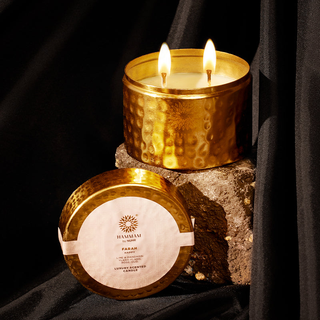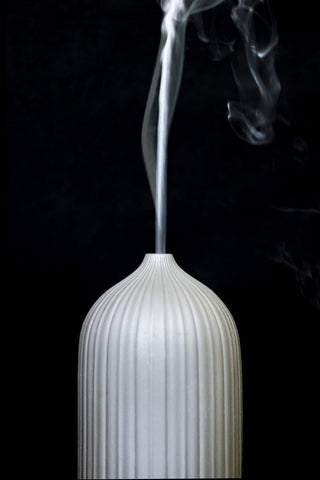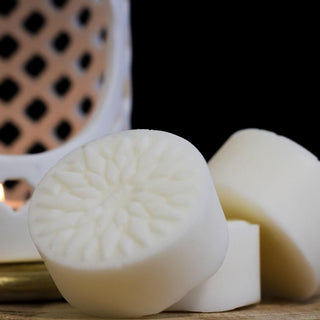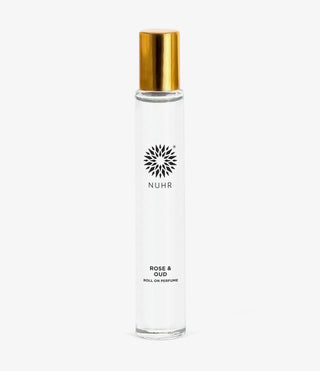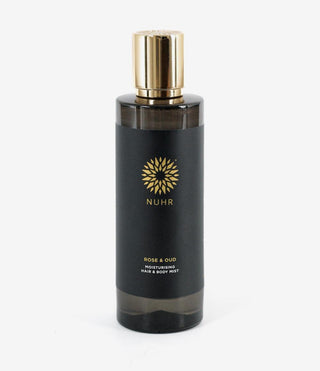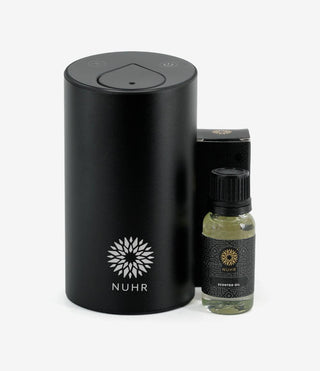When it comes to selecting fragrances for personal use, home ambiance, or wellness routines, understanding the differences between essential oils and synthetic fragrances is crucial. Both types offer unique benefits and play distinct roles, but their impacts on health and the environment can vary significantly. Here’s a closer look at what sets essential oils apart from synthetic fragrances and why it matters to your well-being and the planet.
What Are Essential Oils?
Essential oils are concentrated plant extracts obtained through methods like steam distillation or cold pressing. These oils capture the natural essence and aroma of the plant, and each essential oil carries the unique properties of its source. Common essential oils include lavender, eucalyptus, and peppermint.
Essential Oils
What Are They?
Essential oils are concentrated extracts from plants, obtained through steam distillation or cold pressing. Each oil embodies the natural scent and benefits of its source.
Benefits:
- Natural Composition: Pure and free from synthetic chemicals.
- Therapeutic: Offers health benefits like stress relief and improved sleep.
- Eco-Friendly: Can be sustainable if harvested responsibly.
.
Synthetic Fragrances
What Are They?
Synthetic fragrances are man-made chemicals designed to replicate or create new scents. They are commonly used in a variety of products.
Benefits:
- Consistency: Provides uniform scent profiles.
- Affordable: Typically less expensive.
- Versatility: Allows for a wide range of scents
Choosing What’s Best for You:
If you prefer natural, therapeutic benefits and a smaller environmental footprint, essential oils are a great choice. For consistent and budget-friendly options, synthetic fragrances might be more suitable.
At Nuhr, we offer a range of essential oils and eco-friendly fragrances to match your needs. Explore our scenting oils collection here and make a choice that aligns with your values and lifestyle.


